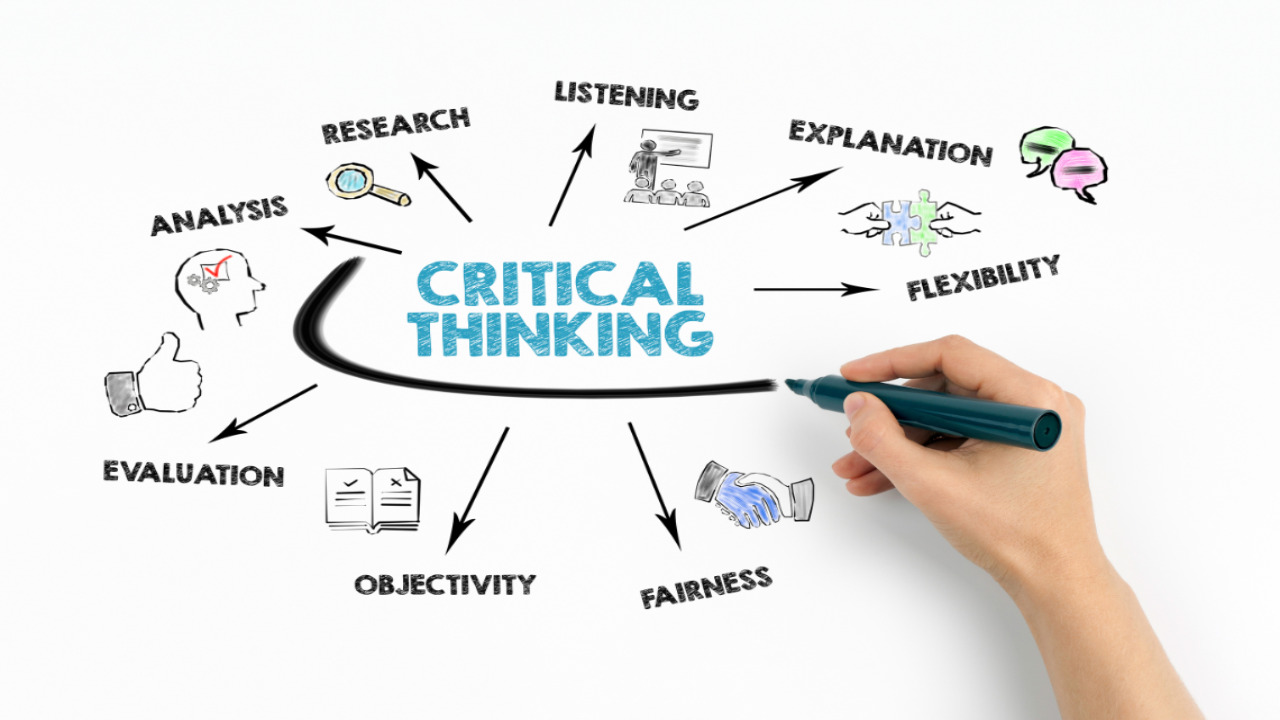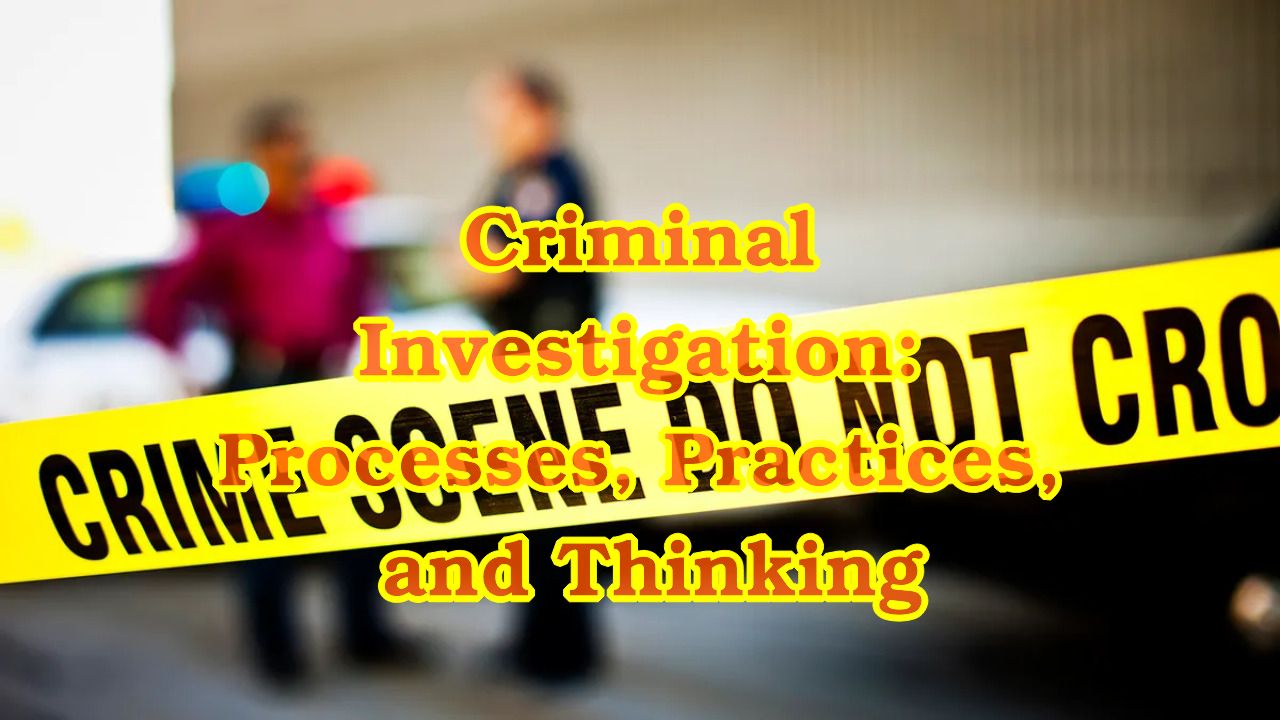Criminal investigation is an essential component of law enforcement, aiming to identify and apprehend individuals responsible for criminal activities. It involves a systematic approach that combines various processes, practices, and critical thinking skills to gather evidence, analyze data, and reach a conclusion. This essay explores the key elements of criminal investigation, including the investigation process, investigative practices, and the significance of critical thinking in this crucial field.
The Investigation Process

The investigation process is the foundation of any criminal investigation, consisting of several interconnected stages. The initial step is incident response, where law enforcement personnel respond to the crime scene promptly. Securing the scene and preserving evidence is vital to avoid contamination and ensure the integrity of potential clues. Following the initial response, evidence collection and documentation come into play. Investigators meticulously gather physical evidence, interview witnesses, and record their observations. The data collected during this phase is crucial in reconstructing the sequence of events and understanding the dynamics of the crime. Once the evidence is collected, the next step is to analyze and evaluate the information. Investigators use their expertise and technology to identify patterns, connections, and potential leads. This stage often involves collaboration between various experts, such as forensic analysts, to assess the evidence thoroughly. However, if you feel that your case is not so serious, you can look for a private investigator in Melbourne.
Investigative Practices
In criminal investigations, several practices are employed to unearth critical information and move the case forward. Among these practices, interviews and interrogations hold particular significance. Skillful interviewing techniques help investigators gather valuable information from witnesses, victims, and suspects. On the other hand, interrogations are designed to elicit information from suspects and are often more intensive.
Surveillance is another common investigative practice. Through surveillance, law enforcement can monitor suspect activities covertly, providing insight into their behaviors and connections. This method is especially useful in cases involving organized crime or complex criminal networks.
Furthermore, the use of technology plays a vital role in modern criminal investigations. Digital forensics allows investigators to recover and analyze data from electronic devices, such as computers and smartphones, leading to valuable evidence. Additionally, advanced data analysis tools aid in processing vast amounts of information efficiently, assisting investigators in identifying trends and connections that might otherwise go unnoticed.
The Significance of Critical Thinking

Critical thinking is the backbone of successful criminal investigations. Investigators must analyze evidence objectively, considering all possibilities and avoiding biases that could lead to misinterpretations. They must approach each case with an open mind and be willing to adapt their theories based on new information.
Moreover, critical thinking enables investigators to connect seemingly unrelated pieces of evidence, leading to breakthroughs in the case. It involves a deep understanding of the criminal mind and the ability to anticipate their moves and actions. By thinking like the perpetrator, investigators can predict their next steps and prevent further criminal activities.
Furthermore, critical thinking is essential in determining the credibility of witnesses and informants. Investigators must assess the reliability of the information provided and corroborate it with other evidence before making any conclusions. A single piece of misleading information can lead an investigation astray and waste valuable resources.
In conclusion, criminal investigation is a complex process that requires a systematic approach, meticulous investigative practices, and sharp critical thinking skills. The investigation process involves various interconnected stages, starting from incident response to evidence analysis. Investigative practices, such as interviews, surveillance, and digital forensics, play a crucial role in gathering evidence and building a strong case. Ultimately, the application of critical thinking enables investigators to uncover the truth behind criminal activities and bring justice to the victims and society as a whole.

